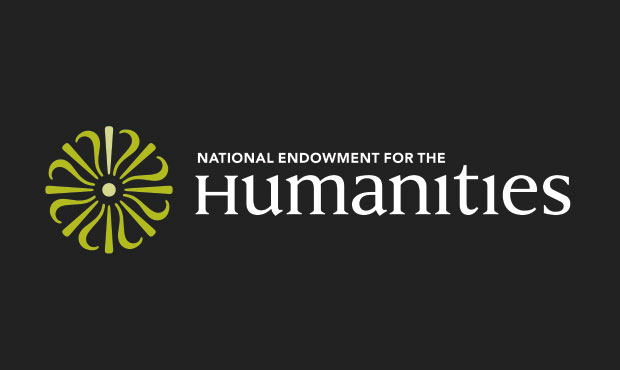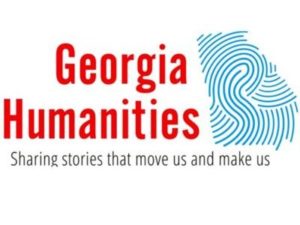NEH Regional Application-Writing Workshop at UGA Feb. 28, 2018

The National Endowment for the Humanities (NEH) will present a Regional Application-Writing Workshop on February 28, 2018 at the University of Georgia Center for Continuing Education in Athens, Georgia. The workshop is supported by the University of Georgia Office of Research and is hosted by the Willson Center for Humanities and Arts and the Franklin College of Arts and Sciences, in partnership with Georgia Humanities.
Workshop activities include an overview of the NEH endowment programs and special initiatives followed by a mock panel review session offering strategies for developing strong applications for the NEH.
The workshop will be led by Dr. Daniel Sack, NEH Senior Program Officer. The workshop is free, but pre-registration is required. Dr. Sack is also available for a limited number of one-on-one consultations on Wednesday, February 28, 2-5 p.m. and Thursday, March 1, 8:30 a.m.-12:30 p.m. To schedule a 20-minute appointment, please contact Dr. Lloyd Winstead (winstead@uga.edu), Senior Associate Director at the Willson Center. The deadline to register for the workshop or a consultation is February 14. Consultation attendees are encouraged to provide a project abstract by February 19.
Workshop
Wednesday, February 28
- 8:30 a.m. – 9:00 a.m. Registration, informal meet-and-greet
- 9:00 a.m. – 9:15 a.m. Welcome and introductions
- 9:15 a.m. – 10:00 a.m. Overview of Endowment programs and special initiatives
- 10:00 a.m. – 10:15 a.m. Question and comment period
- 10:15 a.m. – 10:30 p.m. Break
- 10:30 a.m. – 11:45 p.m. Mock Panel Session/strategies for application-writing
- 11:45 p.m. – 12:00 p.m. Questions and comment period
- 12:00 p.m. Closing remarks
Private appointments
Wednesday, February 28
- 2:00 p.m. – 5:00 p.m., 20 minute one-on-one meetings by prior appointment
Thursday, March 1
- 8:30 a.m. – 12:30 p.m., 20 minute one-on-one meetings by prior appointment
The term ‘humanities’ includes, but is not limited to, the study and interpretation of the following: language, both modern and classical; linguistics; literature; history; jurisprudence; philosophy; archaeology; comparative religion; ethics; the history, criticism and theory of the arts; those aspects of social sciences which have humanistic content and employ humanistic methods; and the study and application of the humanities to the human environment with particular attention to reflecting our diverse heritage, traditions, and history and to the relevance of the humanities to the current conditions of national life. –National Foundation on the Arts and the Humanities Act, 1965, as amended (www.neh.gov/about)
